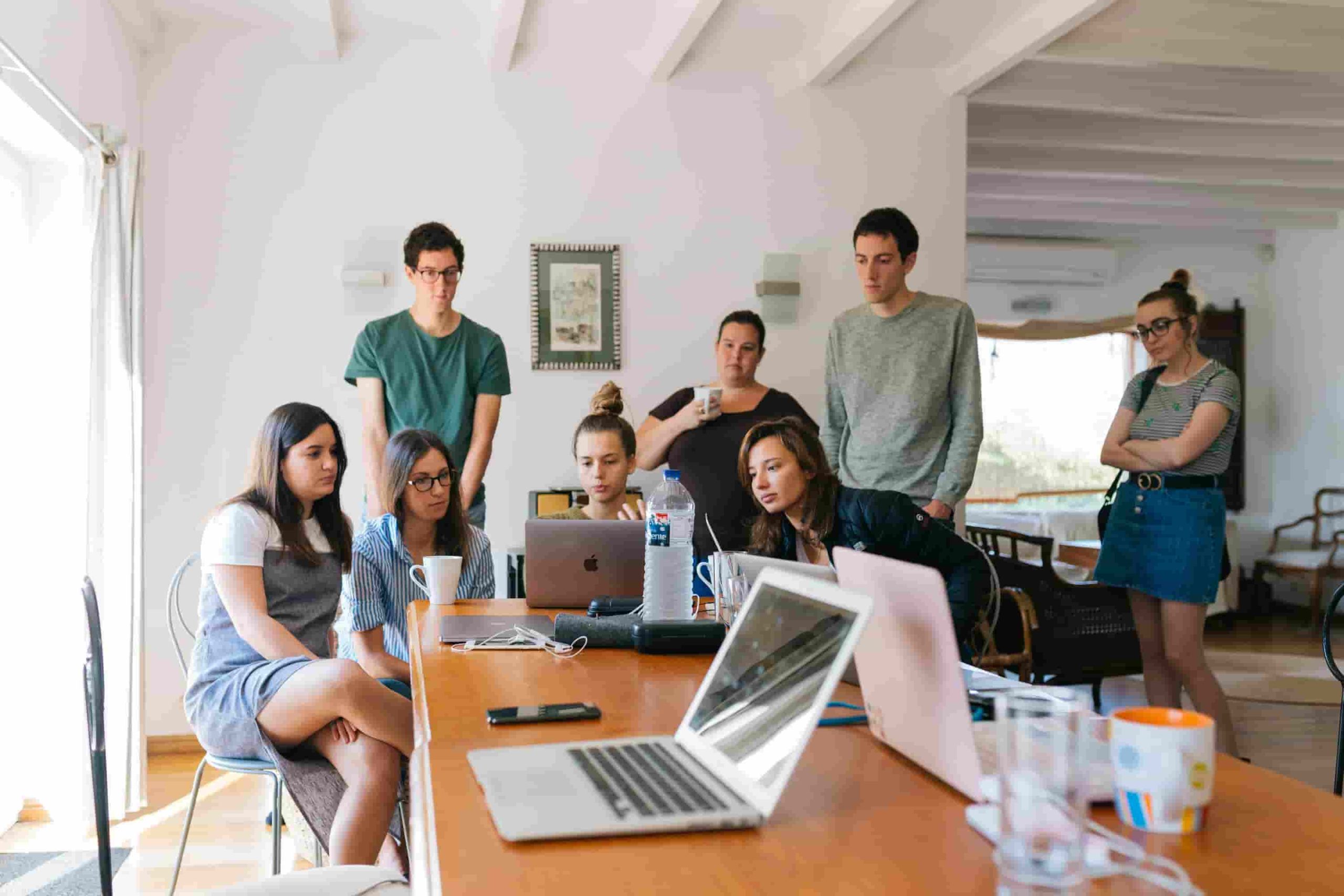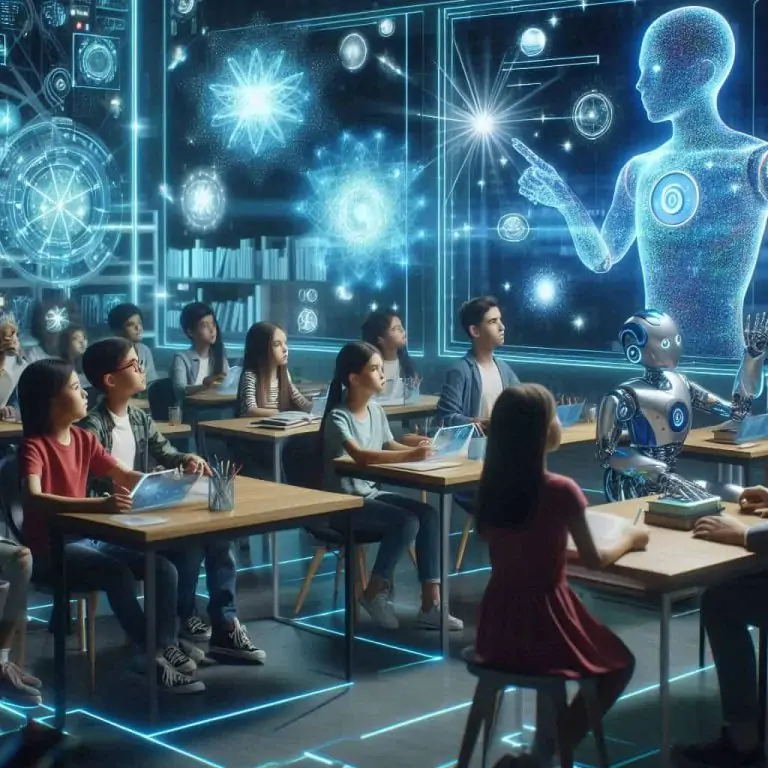Educational Pathways to Community Wellness: The Role of Recreational Therapy
The vital role that recreational therapy plays in community wellness is often underestimated. This therapy approach leverages activities ranging from arts and crafts to more physical engagements like sports to aid in improving physical, emotional, and social health. As community needs grow, so does the demand for qualified recreational therapists. This article takes a look at how pursuing education in recreational therapy can equip individuals with the necessary skills to make a significant impact in their communities.

Understanding Recreational Therapy
Recreational therapy involves using activities that individuals find enjoyable to help them manage their health issues, recover from illness, or improve their quality of life. It’s grounded in the belief that engaging in purposeful activities can lead to meaningful and healthful outcomes. Therapists work with patients to create personalized programs that use leisure activities to address specific health needs. The effectiveness of recreational therapy lies in its ability to be tailored to each person, making the therapeutic process not just beneficial but also enjoyable.
Educational Pathways in Recreational Therapy
For those looking to enter this field, educational pathways are critical. A foundational step is obtaining a degree that equips one with knowledge about human anatomy, psychology, and therapeutic techniques. More accessible than ever, pursuing a recreational therapy degree online offers flexibility for students to balance their studies with personal and professional commitments. This accessibility opens doors for more individuals to enter the field and support community wellness initiatives.
Courses in an online recreational therapy program typically cover a broad range of topics. Students learn how to assess client needs, plan and implement effective therapy programs, and evaluate outcomes to ensure their approaches are successful. These courses also emphasize the development of communication skills crucial for interacting with clients and their families, as well as other healthcare professionals.
One of the great benefits of an online educational program in recreational therapy is how it integrates theoretical knowledge with practical applications. Students often participate in virtual simulations that provide real-world scenarios in a controlled environment, allowing them to hone their skills safely and effectively.
The Role of Technology in Recreational Therapy Education
The integration of technology in education has transformed how recreational therapists are trained. Online programs utilize a variety of innovative teaching methods that not only convey information effectively but also engage students in the learning process. Interactive modules, video demonstrations, and real-time discussions with instructors and peers make the learning experience dynamic and interactive.
Technology also enhances the accessibility of educational programs in recreational therapy. It breaks down geographical barriers, enabling students from remote or underserved areas to access high-quality education that they might not have been able to reach otherwise. This inclusivity is crucial in fostering a diverse workforce equipped to address the varied needs of communities across the globe.
Career Opportunities and Professional Development
Graduating with a degree in recreational therapy opens a lot of career doors. Recreational therapists find opportunities in diverse settings, including hospitals, rehabilitation centers, senior communities, and mental health facilities. Each setting demands a slightly different use of recreational therapy techniques but shares the common goal of improving clients’ quality of life.
Beyond initial positions, career advancement in recreational technology often involves specialization or management roles. Therapists might focus on specific populations such as the elderly, veterans, or children, or they may manage community wellness programs, leading teams of healthcare professionals. Continuing education is crucial for career advancement, with professionals often required to keep up with new therapeutic methods and technologies through workshops, seminars, and further certifications. This commitment to lifelong learning ensures that therapists remain at the forefront of the field, providing the most effective care.
Insights from Professionals
Insights from experienced therapists highlight the challenges and rewards of the field. One common theme is the deep satisfaction that comes from seeing clients regain a sense of independence and joy. However, therapists also face challenges, such as securing funding for programs or tailoring activities to meet diverse client needs effectively.
Collaborative Efforts in Recreational Therapy Programs
Effective recreational therapy relies heavily on a multidisciplinary approach, engaging a variety of healthcare professionals to address comprehensive patient needs. Collaborative efforts between recreational therapists and other specialists, such as physical therapists, psychologists, and social workers, are crucial for developing holistic treatment plans that promote optimal health outcomes. These teams work together to assess patient needs from multiple angles, ensuring that each therapeutic activity is not only enjoyable but also strategically aligned with the individual’s overall health goals.
For instance, in a rehabilitation setting, a physical therapist might focus on improving a patient’s mobility, while the recreational therapist simultaneously works to integrate enjoyable activities that enhance physical strength and emotional well-being. Meanwhile, psychologists could provide support for mental health challenges, ensuring that the activities are psychologically beneficial and tailored to encourage engagement and motivation.
This collaborative model maximizes the therapeutic benefits by combining expertise from various fields, offering a more comprehensive and effective treatment plan. It also fosters a supportive environment where patients feel understood and cared for from multiple perspectives, significantly enhancing the recovery process and improving quality of life. Such integrated efforts underline the value of teamwork in healthcare and emphasize the diverse skill set that recreational therapy brings to the table.
Empowering Communities Through Education
The role of education in recreational therapy cannot be overstated. It is the key upon which therapists build their ability to make a difference. By equipping professionals with the knowledge, skills, and credentials needed, educational programs—especially accessible online options—ensure that communities can benefit from high-quality therapeutic interventions.
The future of recreational therapy holds promising advancements. With ongoing technological innovations, there could be new ways to deliver therapy, such as through virtual reality, enhancing the accessibility and effectiveness of treatments. Moreover, as public awareness of recreational therapy’s benefits grows, so too might support for more inclusive and expansive community programs.
As we look ahead, it’s clear that the educational pathways in recreational and leisure therapy not only create capable professionals but also catalyze significant community improvements. Through dedicated educational efforts, the field of recreational therapy will continue to evolve, playing a crucial role in the holistic health and wellness of populations worldwide. This empowerment through education ensures that recreational therapists remain invaluable assets in the mission to enhance community wellness.







